
Best described as Get Out for gender equity, Don’t Worry Darling is a daringly directed and ferociously acted thriller marred by a screenplay that can’t keep up.
A movie that will likely earn 2022’s award for most off-screen controversy, Don’t Worry Darling is director Olivia Wilde’s second effort following the comedy Booksmart. Her off-screen decisions aside, this movie should cement her as a director to watch, even if some will find it a bit of a misfire. The movie looks absolutely incredible, and Wilde’s eye for detail is evident in every corner of the production. Aided by terrific editing by Affonso Gonçalves, cinematography by Matthew Libatique, and a deliciously alluring score from composer John Powell, Don’t Worry Darling has the technical stuff down.
In front of the camera, Florence Pugh is undeniably mesmerizing as Alice Chambers, a seemingly content housewife in an experimental 1950s town who begins to suspect that the company her husband (played by Harry Styles) works for, and the man responsible for everything (Chris Pine), is up to no good.
I’ve seen some criticisms of Styles, who is still better known as a musician than actor, but he holds his own well enough. Even still, it’s in the third act where Pugh is acting circles around him that it becomes clear that a more experienced actor may have been a more suitable selection–especially given the role his character ultimately plays.
Pine, for his part, is excellent if somewhat restricted to the periphery of what happens.
Don’t Worry Darling is a movie best appreciated for the journey rather than the destination. Due to all the reasons described above, I was engrossed in the story from the first minute and loved a lot of the elements at play.
But Wilde and the film’s three screenwriters–Katie Silberman, Carey Van Dyke, and Shane Van Dyke–make two fatal mistakes.
One, they lean too heavily into the hysterical woman trope. As incredible as Pugh is, after a while it becomes a little exhausting watching this woman act like she’s crazy and have everyone around her think she’s crazy (or act like they think she’s crazy). This element, which has been done so many times before, really causes the middle section of the film to sag.
Two, the ending comes too quickly and is largely unearned. As much as I liked the twist, the payoff isn’t quite there. The filmmakers would have been wise to continue the story for another 20 minutes (while cutting 20 minutes from earlier in the film) to really ratchet up the suspense and allow much of what happens in the film’s final few minutes to breathe–and to make sense. Without getting into spoilers, some of the ending’s events are downright head-scratching. Why do those lights explode? Why do all the other women suddenly “turn the corner?” Why does what happen to that one guy happen at all?
Based on early reactions, I liked Don’t Worry Darling more than most. It deserves to be seen, because it has a lot of great things going for it. I also don’t feel audiences are going to come down as hard on its faults as much as critics.
But there’s no denying that Wilde and crew end their story too soon, hamstringing it just when it should accelerate to full speed.
Review by Erik Samdahl unless otherwise indicated.


























































![Mason Ramsey – Twang [Official Music Video] Mason Ramsey – Twang [Official Music Video]](https://i.ytimg.com/vi/xwe8F_AhLY0/maxresdefault.jpg)






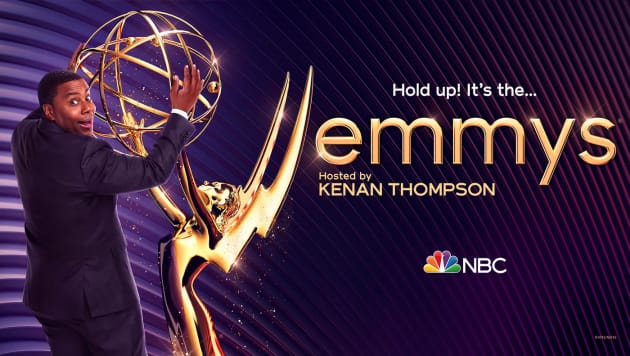

![Horror Bytes: ‘Haunted PS1 Demo Disc: Spectral Mall’ Special [Safe Room Podcast] Horror Bytes: ‘Haunted PS1 Demo Disc: Spectral Mall’ Special [Safe Room Podcast]](https://i0.wp.com/bloody-disgusting.com/wp-content/uploads/2022/09/safe-room-hb-sept.png?resize=942,574&ssl=1)


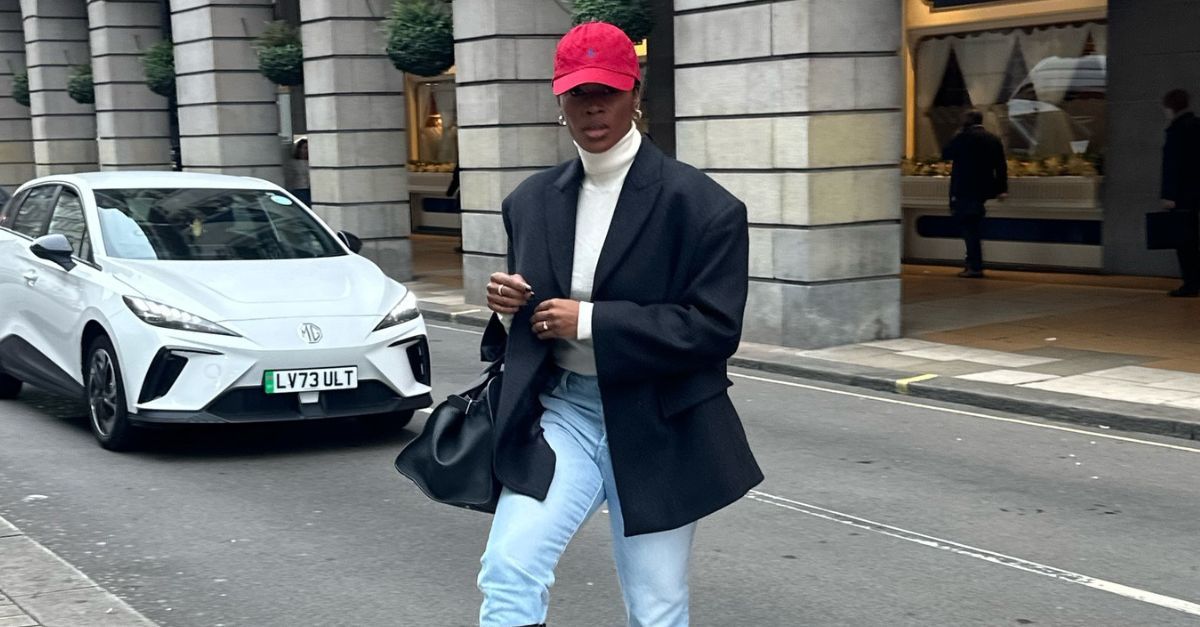

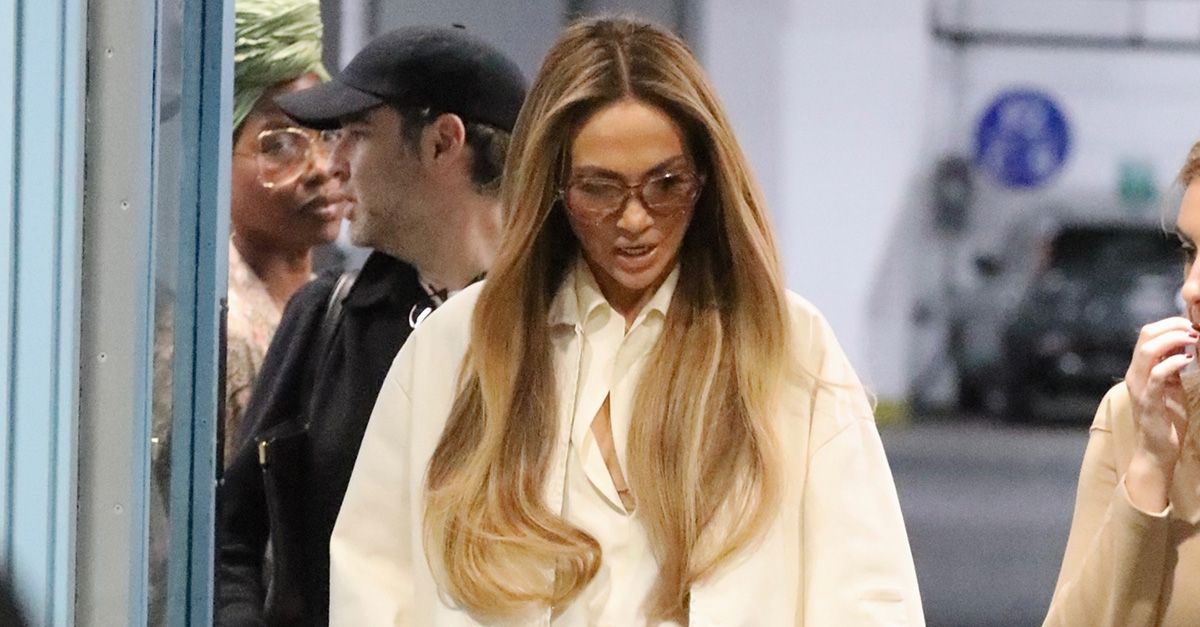
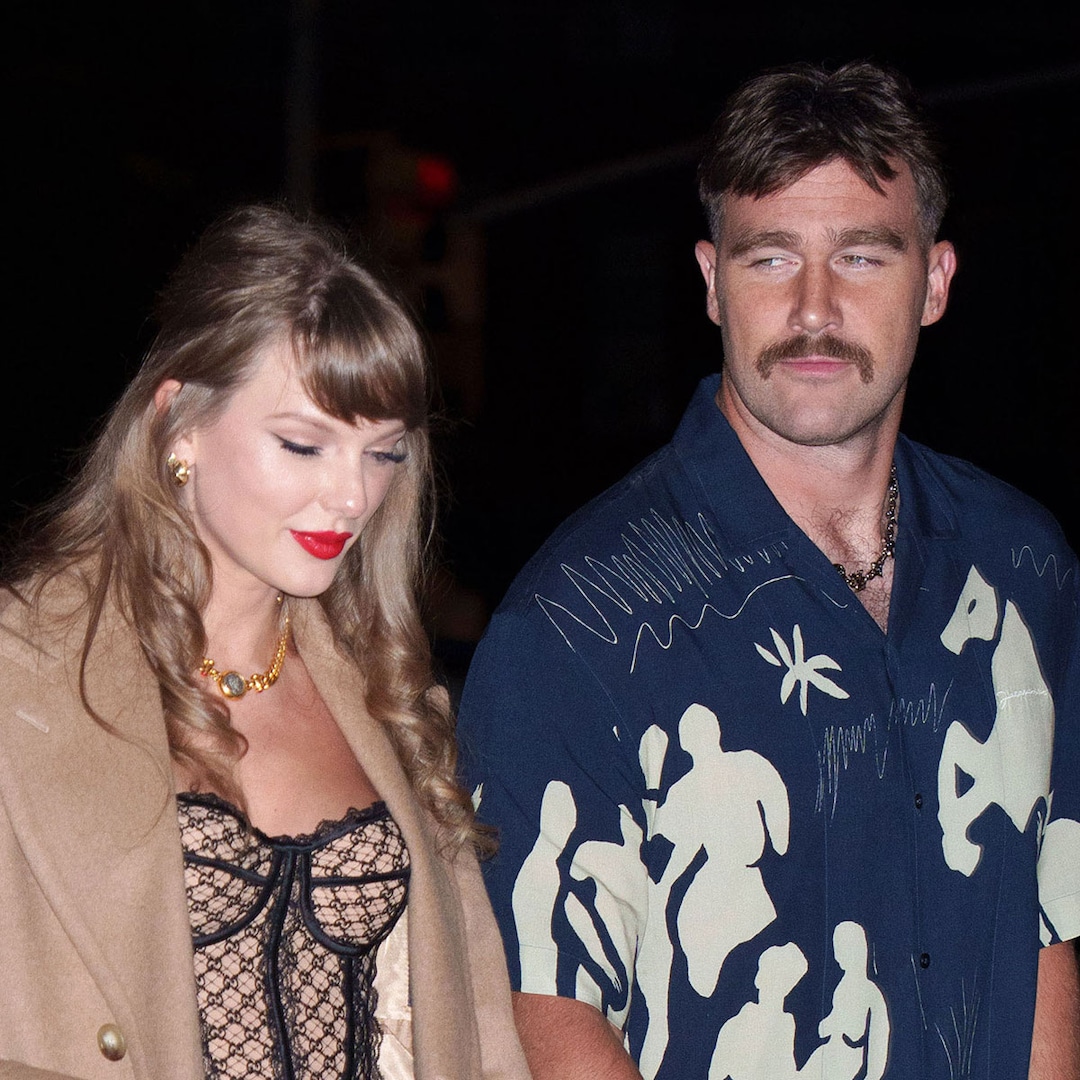
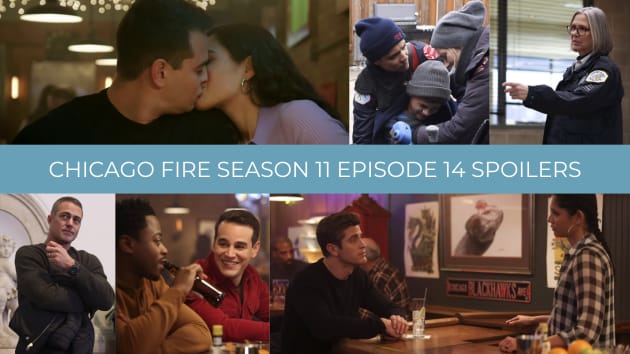



![Young Colton, Del and Evelyn in 1974 [VIDEO] Young Colton, Del and Evelyn in 1974 [VIDEO]](https://tvline.com/wp-content/uploads/2025/01/the-way-home-season-3.jpg?w=650)